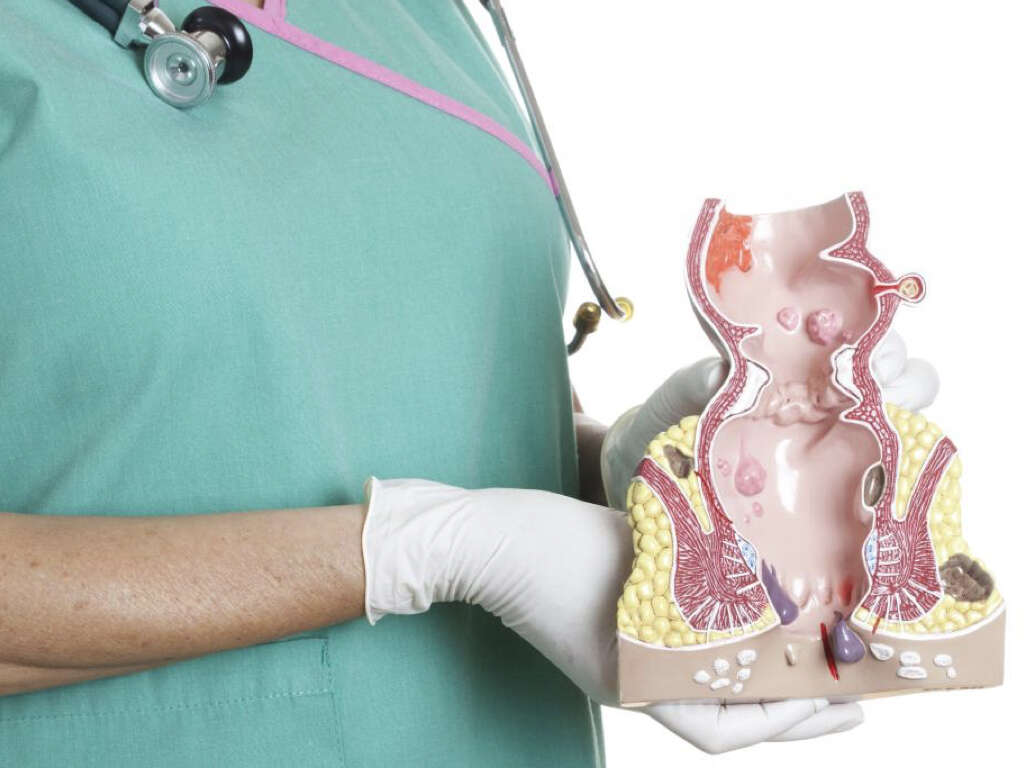Melena Stool Definition, Causes and More
 Article Sources
Article Sources
- 1. 'Melaena - Causes - Diagnoses - Management.' TeachMeSurgery, 3 Apr. 2020, teachmesurgery.com/general/presentations/melena/.
- 2. Tresca, Amber J. 'What Are the Causes of Black Stool?' Verywell Health, www.verywellhealth.com/causes-of-black-stool-1941711.
- 3. 'Melena - What You Need to Know.' Drugs.com, www.drugs.com/cg/melena.html.
- 4. 'Cirrhosis.' Mayo Clinic, Mayo Foundation for Medical Education and Research, 6 Feb. 2021, www.mayoclinic.org/diseases-conditions/cirrhosis/symptoms-causes/syc-20351487.
- 5. Wilson, I. Dodd. 'Hematemesis, Melena, and Hematochezia.' Clinical Methods: The History, Physical, and Laboratory Examinations. 3rd Edition., U.S. National Library of Medicine, 1 Jan. 1990, www.ncbi.nlm.nih.gov/books/NBK411/.
4. Causes of Melenic Stools
Two of the most common causes of melenic stools are peptic ulcers and gastritis. Peptic ulcers are small sores caused by stomach acid affecting weaker areas in the stomach lining, intestine or esophagus. Inflammation of the lining may also be caused by gastritis, which frequently results from sensitivity to spicy foods or alcohol abuse.
Other causes include bacterial infections, such as Helicobater Pilori, hemorrhagic blood diseases, esophageal varices, malignant tumors and overuse of NSAIDs.2Tresca, Amber J. ‘What Are the Causes of Black Stool?’ Verywell Health, www.verywellhealth.com/causes-of-black-stool-1941711. More serious issues, like chronic liver disease and hepatitis can also cause melenic stools.
Advertisement











